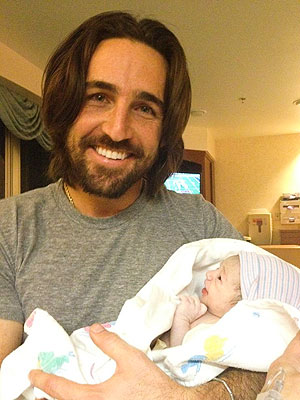SACRAMENTO — The day after being elected to the state Assembly, several incoming lawmakers were in AT&T's luxury suite at the Sacramento sports arena, watching the Kings with the company's top Capitol executive.
The next day, the California Dental Assn. feted the state's freshman legislators. That was before more than 20 legislators jetted off to Hawaii, China, Brazil, New Zealand and other locales — with some trips paid for in large part by healthcare, energy and communications companies.
"It's the start of lobbyists inculcating them, saying 'Hey guys, line up and receive your gifts,' " said Bob Stern, former chief counsel to the state Fair Political Practices Commission.
It's a new day in Sacramento, with one of the largest-ever freshman classes elected in districts drawn for the first time by an independent, bipartisan commission.
And the lobbying campaign to shape their minds has begun.
The intent of the redistricting — as well as a rule change that allows lawmakers to serve up to 12 years in either legislative house — was to make the Capitol more accountable. In theory, the changes would reduce the influence of lobbyists and give lawmakers more time to gain expertise and independence.
But old traditions die hard.
Following the example of veteran legislative leaders, including Assembly Speaker John Pérez (D-Los Angeles), more than a dozen Democratic freshmen headed off to AT&T's suite at the Sleep Train Arena.
Lawmakers are not allowed to take more than $420 in gifts per year, and they are supposed to report what they receive. But sidestepping the rules is hardly a challenge.
The freshmen who joined Pérez didn't have to report the value of their tickets because the gathering was hosted by the state Democratic Party.
Jose Medina, a newly elected assemblyman from Riverside, said the event was totally appropriate. Spending time with lobbyists is "part of my job,'' he said.
"At the end of the day, I'll make my decision based on what is best for the people I represent," he said.
Jim Frazier, a freshman assemblyman from Oakley, called the evening "a great opportunity to start meeting the people who worked so hard to represent their districts."
Other freshman Democrats in the suite included Ken Cooley of Rancho Cordova, Marc Levine of San Rafael, Phil Ting of San Francisco, Kevin Mullin of South San Francisco, Rudy Salas of Bakersfield, Bill Quirk of Hayward and Reggie Jones-Sawyer of Los Angeles.
Jones-Sawyer was one of 15 legislators who flew a few days later to Maui for a five-day conference at the Fairmont Kea Lani organized by the California Independent Voter Project.
The group, which paid some of the legislators' travel expenses, has been funded over the years by tobacco giant Altria Group Inc., Southern California Edison, Eli Lilly & Co., Pacific Gas & Electric Co., the California Beer & Beverage Distributors, the Pharmaceutical Research and Manufacturers Assn., Chevron Corp. and the state prison guards union.
In between rounds of golf and poolside lounging, the sponsors talked with lawmakers.
"I was learning about the issues," said Jones-Sawyer, the only freshman on the trip. "There were some things I didn't know — such as how businesses really need help to flourish here in California."
Phillip Ung, an advocate with California Common Cause, said he found the explanations bewildering.
"They have obviously convinced themselves that the people's business is best solved poolside with mai tais in hand," he said. "Congress banned this type of travel years ago."
Other lawmakers went to China, Australia, New Zealand or Brazil this month, in some cases paid for by special interests.
Those in Brazil were sponsored by the California Foundation on the Environment and the Economy, which is bankrolled by Chevron, PG&E, the International Brotherhood of Electrical Workers and Southern California Edison, among others.
The sponsors sent representatives to accompany Assemblyman Steven Bradford (D-Gardena), who is chairman of the Assembly Utilities and Commerce Committee, as well as Sens. Anthony Cannella (R-Ceres), Mimi Walters (R-Laguna Niguel), Bill Emmerson (R-Hemet) and Michael Rubio (D-East Bakersfield).
The group paid for airfare, hotels, meals and ground transportation, said P.J. Johnston, a spokesman for the nonprofit foundation.
The lawmakers were there to meet with government and business leaders in Brazil to discuss reducing pollution, setting low-carbon fuel standards, transportation projects and other issues, Johnston said.
"Brazil provides real-world insight into issues California's decision-makers are grappling with, putting them in a larger perspective and offering lessons learned from a country with a rich history of challenges and successes in these areas," he said.
patrick.mcgreevy@latimes.com
Times staff writer Anthony York contributed to this report.
 Courtesy Jake Owen
Courtesy Jake Owen 










